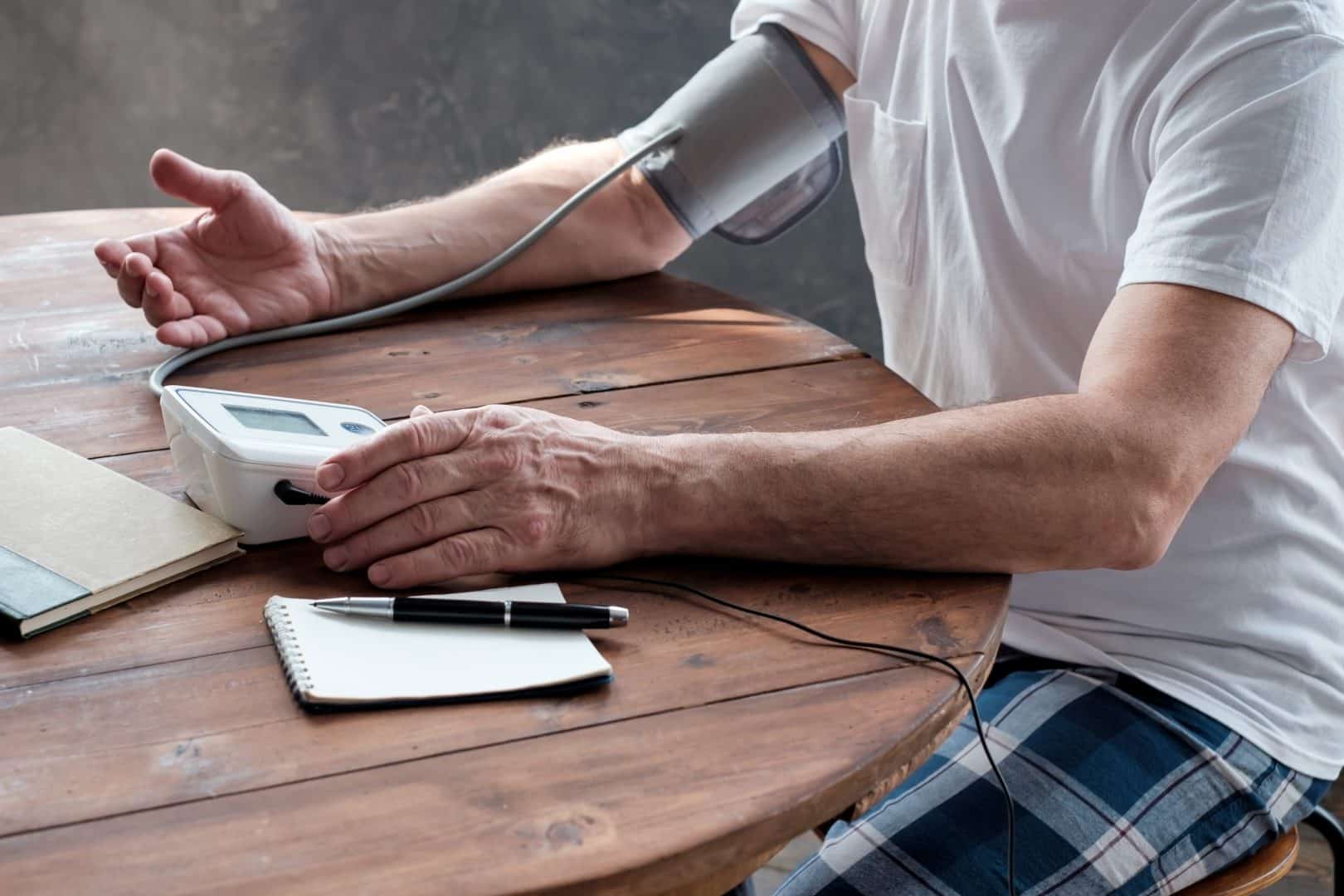
Meth use has risen in the United States, raising the alarm about addiction and overdose. In 2018, data shows that nearly 1.9 million people used meth. According to the National Institute on drug abuse, meth overdose rates quadrupled from 2011 to 2017 alone. Due to the rising concerns about the drug, knowing how to recognize the signs of use can be helpful.
What is Meth?
Meth is a shorter name for a substance called methamphetamine. People also call meth by names like blue, crystal, ice, and speed. There is no legal use for meth.
Meth is a very addictive stimulant drug. It interacts with a person’s central nervous system and increases the amount of dopamine in the brain. This chemical interacts with a lot of body and brain functions. These functions lead to a high and the “reward system” part of the brain. This is part of what makes meth so addictive.
Methamphetamine is a white powder or pill. It has been described as bitter tasting. Crystal methamphetamine looks like shiny, glass-like fragments. Sometimes, crystal meth looks like blue or white rocks.
People take methamphetamine by swallowing, smoking, snorting, or injecting it.
Effects and Signs of Use
Short-Term Use Effects
These effects are similar to other stimulant drugs.
- Decreased Appetite
- Increased physical activity or less sleep
- Fast breathing
- Rapid or irregular heartbeat
- Increased blood pressure
- Higher body temperature
Long-Term Use Effects
- Emotional and Behavioral Effects
As methamphetamines affect the brain, someone taking meth will have different emotional responses, reactions, and behaviors than usual. These reactions are a possible sign of meth use:
- Anxiety
- Paranoia
- Hallucinations
- Memory loss
- Confusion
- Sleeping problems
- Violent Behavior
- Uncharacteristic risk-taking behavior
- Physical Effects
Methamphetamine use can change someone’s appearances. These physical effects are a possible sign of meth use:
- Intense itching, dull skin, sores
- Severe dental problems (this is known as “meth mouth”)
- Extreme weight loss
- Reduced coordination or sudden clumsiness
- Impaired verbal learning (slurred or difficult to understand speech)
- Dilated pupils and rapid eye movement
Other Possible Signs of Meth Use
Sudden changes in a person may suggest drug use. The presence of these signs does not guarantee that a person is using meth; however, these signs and behaviors have been observed in many meth users.
- Unusual reckless behavior
- Easily agitated, irritable, aggressive, or defensive
- Picking at skin, hair-pulling, or twitching
- Not eating for many hours or an entire day
- Not wanting to sleep
- Not caring about physical appearance or grooming
- Financial and legal problems
- Borrowing money or stealing
- Having paraphernalia like needles, aluminum foil, or glass pipes
Additional Concerns
Meth is an illegal drug that is of great concern because it is so addictive. The high or rush someone feels from meth contributes to how addictive it is, as people may want to immediately feel this sensation over and over again. The more often a person uses meth, the more tolerant they become. This means that a person needs higher doses to achieve the same effects.
Additionally, people that take meth through injection are at increased risk of getting an infectious disease. A person can contract a disease such as HIV and hepatitis through contact with blood or other bodily fluids. This contact can happen through shared needles. This leads to other serious, potentially fatal, consequences.
Meth addiction may be difficult to overcome, but treatment success is absolutely possible with the correct support, medical attention, and rehabilitation drug treatment program. Seeking help is the best thing one can do. Please seek a trusted medical resource for any questions or concerns you may have about meth or addiction.
Resources
https://www.samhsa.gov/find-help/atod
https://www.healthline.com/health/signs-that-someone-is-using-crystal-meth#how-to-help
https://www.drugabuse.gov/publications/drugfacts/methamphetamine
Explore this article:
Explore Our Facilities
Drug and alcohol detox and residential treatment for addiction and mental health disorders
Outpatient treatment center for substance use disorder and mental health disorders
Outpatient treatment center for substance use disorder and co-occurring mental health disorders







